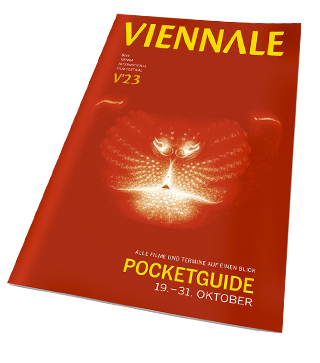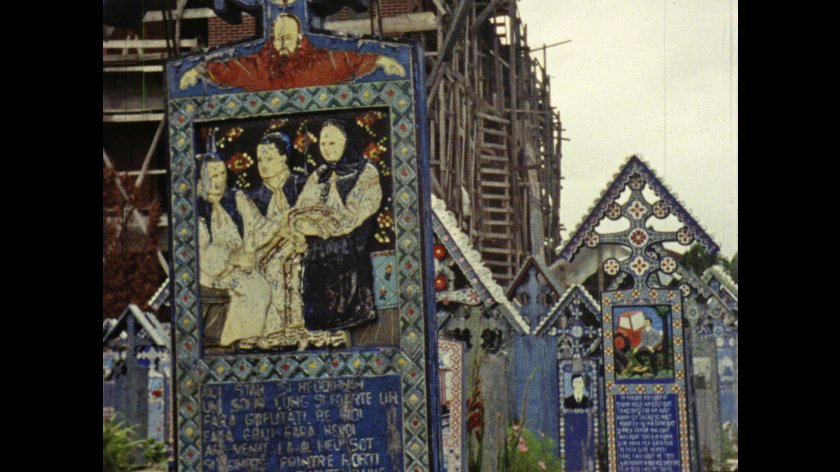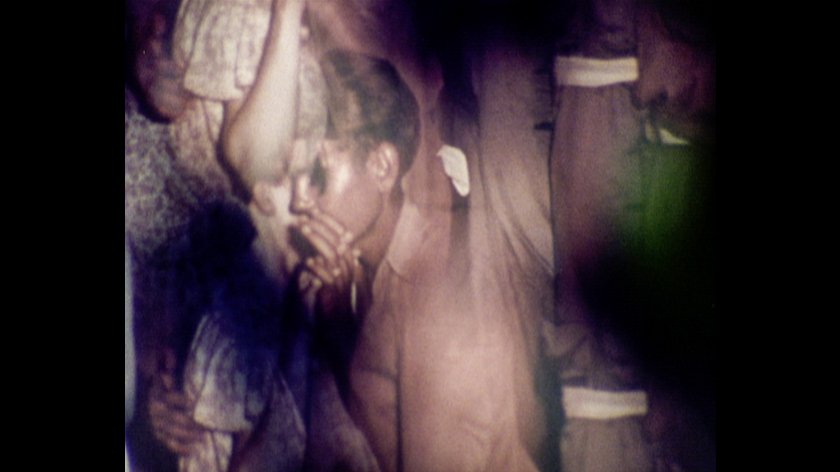CINEMA LIVE: Luz, clarão, fulgor - augúrios para um enquadramento não-hierárquico e venturoso
Light, Blaze, Fulgor - Auguries for a Non-hierarchical Framing and Flourishing
AUGURIES: Stubbornly looking at the ruins of a commune we search for auguries. For instance: “Fair weather for drifters.” We wander by foot across times, erratically shooting images and recording sounds through the kaleidoscopic spatiality of Alentejo, a Portuguese region named after a river, beyond a river. As walking offers unexpected encounters and co-presences, missives are sent to and from the margins. For instance: “growing organs for the alternative.” Our senses are partial, precarious and fragmentary, but not our orientation: There is an everyday struggle for the fulgor being fought and we want to be in it. Against a firmament of dispossession of land, bodies and social bonds, we are getting ready. For instance: “On the level!” The fulgor is mobile, the prefigured community dispersed and diverse. Through dissent and associations of affnity, autonomy, and reenchantment, the offer of cinema could be to let us flourish in non-hierarchical frames.
LIGHT, BLAZE, FULGOR: We once encountered a black-and-white photograph printed in a newspaper: the remnants of a commune. It shows a tree, a standing ruin, a shadow projected from its wall to the ground, a well, and an open field with stones and flowers. It might go unnoticed, but the picture’s inscription – ”Comuna da Luz” – was enough to create a spark, and reveal a thread we couldn’t help but follow. The Commune of Light was founded in the south of Portugal in 1917-18 by a Tolstoyan anarchist named António Gonçalves Correia. In the seemingly serene setting of Vale de Santiago, Alentejo, Correia undertook a utopian experiment whose short life was ultimately crushed by the state authorities, who accused the communards of organizing a strike of rural workers and of taking part in a conspiracy to kill Sidónio Pais, the fourth president of the First Portuguese Republic. Gonçalves Correia subsequently founded a second commune, “Comuna Clarão” (Blaze Commune), in 1926 in Albarraque, Sintra. It didn’t last long either, but Correia persisted in writing pamphlets and letters for anarchist newspapers, and buying birds at fairs solely to free them from their cages. This dangerous communist organizer (according to the political police) proclaimed the revolution to be his sweetheart. His name is still a countersign in the lower lands of Alentejo. What interests us in these collective attempts of living in other ways is the irruption of the utopian, with a surplus of indestructible dreams – a condition we call the fulgor. Taking the traces of these two communes as a point of departure, we began to dream of a third commune – “Fulgor” – from the ruins of the first. (Silvia das Fadas)
In the presence of Silvia das Fadas.
- João Farelo
- Nora Sweeney
- Robert Blatt
- Sílvia das Fadas
- Sílvia das Fadas
- Sílvia das Fadas






